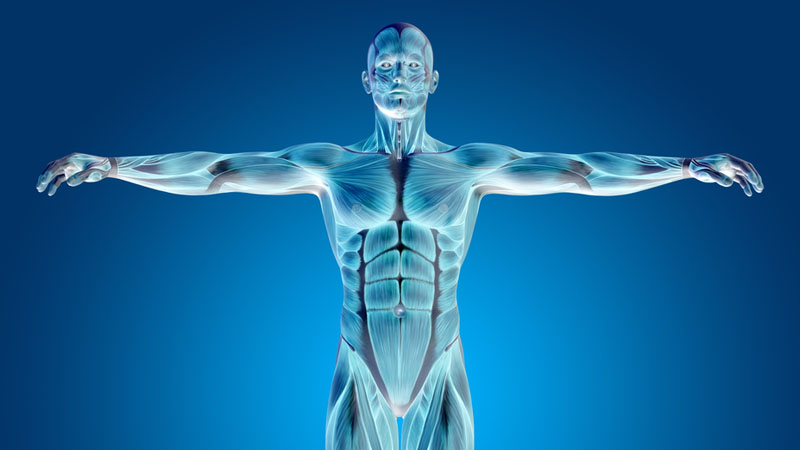
Introduction:
Physiology The word physiology is from the Ancient Greek φυσιολογία (phusiología, "natural philosophy") and it is the study of how organisms perform their vital functions. An example is the study of how a muscle contracts or the force contracting muscles exert on the skeleton. It was introduced by French physician Jean Fernery in 1552. Physiology is built upon a tripod of sciences: physics, chemistry, and anatomy.
Types of human physiology
Human physiology is the study of functions of the human body that can be divided into the following types:
Cell physiology
This is the cornerstone of human physiology; it is the study of the functions of cells.
Special physiology
This is the study of the functions of specific organs. For example, renal physiology is the study of kidney function.
Systemic physiology
It includes all aspects of the function of body systems, such as cardiovascular physiology, respiratory physiology, reproductive physiology, etc.
Pathophysiology
It is the study of the effects of diseases on organ or system functions (pathos is the Greek word for disease).
- Teacher: Dr. Apu Chowdhury
